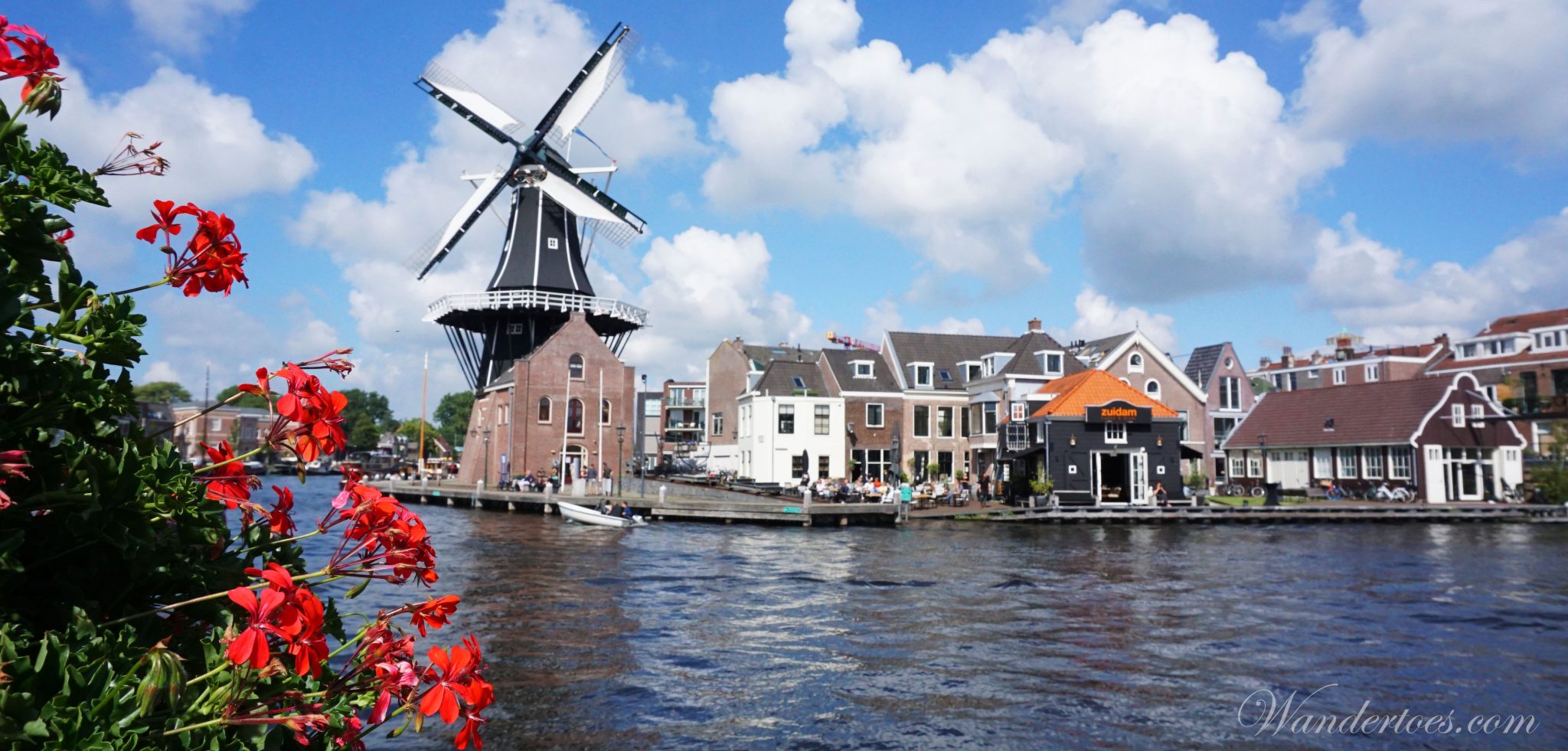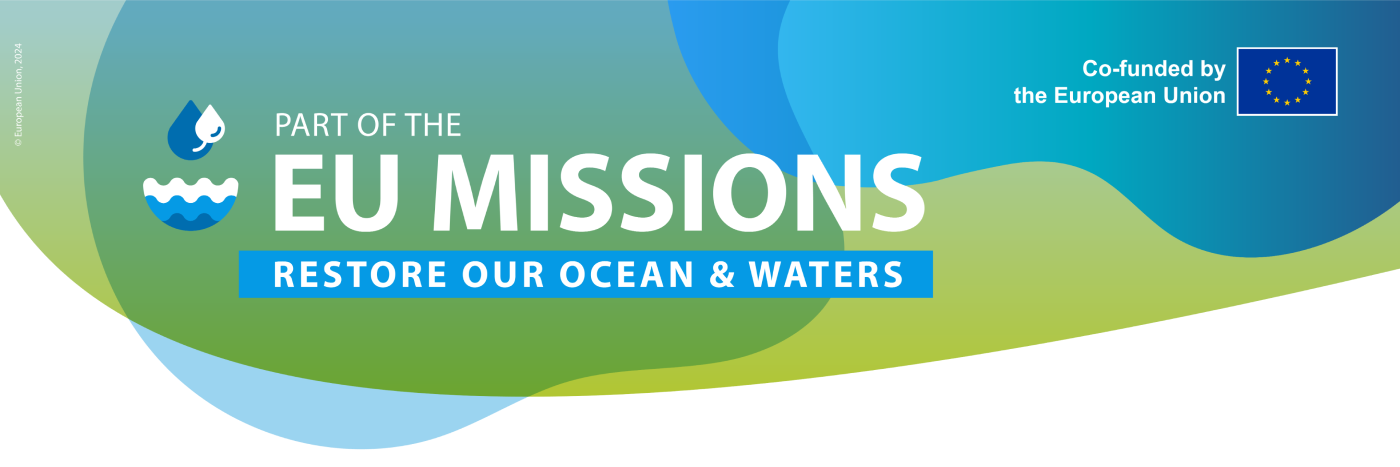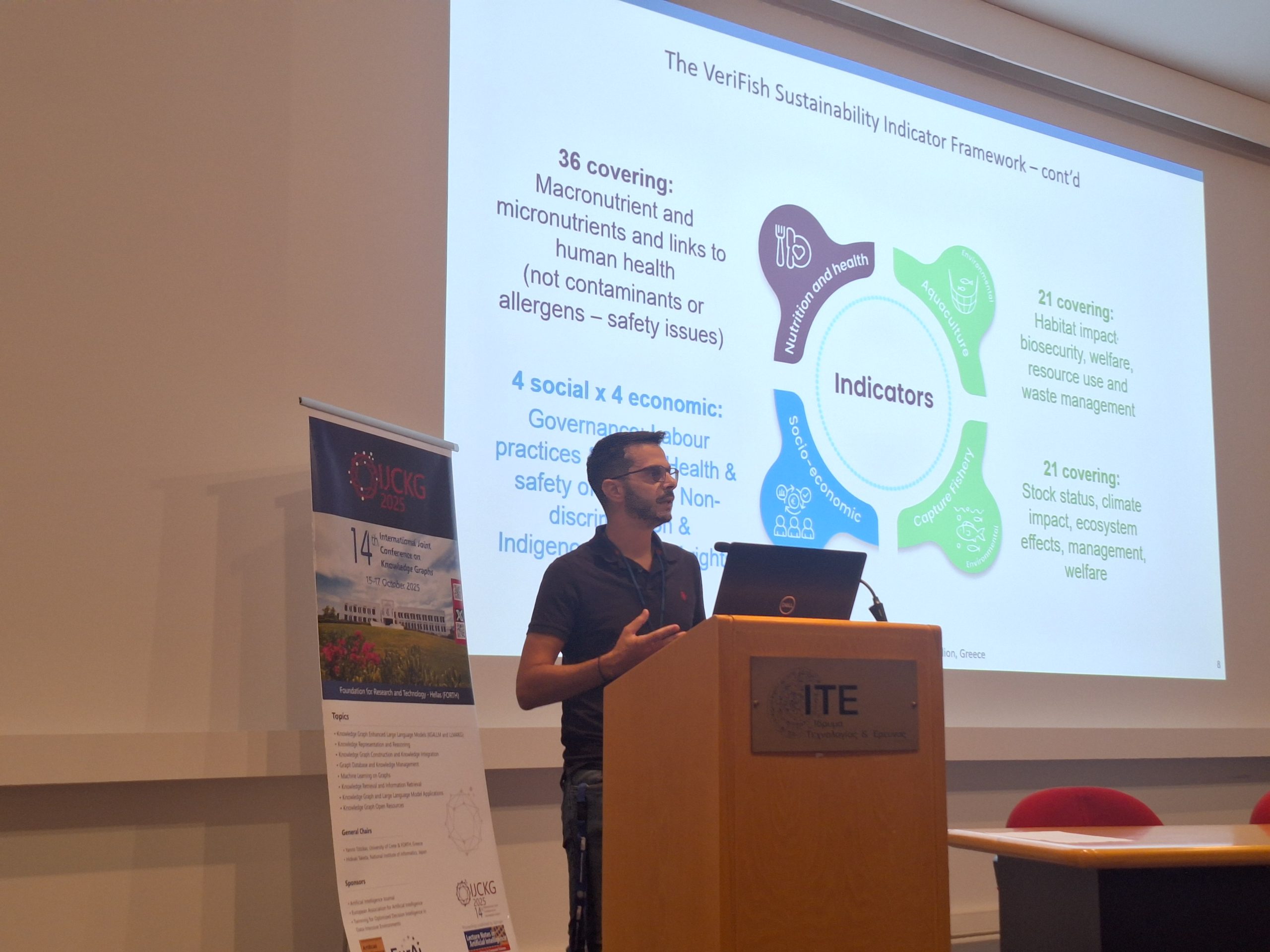In this third instalment of the “2 Questions, 6 Perspectives” campaign, we spotlight Ixai Salvo, Senior Project Manager at Eurofish International Organisation and Communication Officer for VeriFish. With a background in marine biology and a deep understanding of fisheries governance, Ixai brings both technical expertise and strategic vision to the project.
1. Why is sustainability in fisheries and aquaculture important today?
“Sustainability is important in fisheries and aquaculture, mostly, for me, for ecological reasons,” Ixai begins. “We need to keep oceans sustainable so we maintain fish populations and ensure a continuous, nutritious food source for both present and future generations.”
As global population growth accelerates, the demand for reliable protein sources increases. Fish and seafood can play a pivotal role in this equation, but only if the oceans and their resources are managed responsibly.
“Having a steady income of fish is something that will become increasingly important. For this, we need tools that allow us to inform decisions, identify trends, and ultimately drive better seafood production systems.”
2. In what ways is VeriFish contributing to raising awareness about sustainable seafood production and consumption?
“VeriFish is not just giving advice,” says Ixai. “We are working directly on frameworks that make sustainability measurable and actionable.”
At the heart of VeriFish is a commitment to verifiable indicators—clear, science-based metrics that provide guidance for producers, consumers, and policymakers. These indicators, developed through collaboration with data providers and other EU projects such as Mr.GoodFish3.0, form the basis of a shared understanding of sustainability across the value chain.
“We are addressing the core of what sustainability should look like. Our role is to help design and produce real tools that enhance traceability, promote responsible choices, and build trust.”
From Communication to Action
Ixai’s reflection bridges communication, policy, and production—showing that sustainability in seafood is not just a goal, but a process that requires robust structures and cooperative efforts.
“Sustainability is not a label—it’s a shared responsibility that demands clarity, transparency, and commitment from all of us.”
Stay tuned as we continue the 2 Questions, 6 Perspectives campaign and hear from more experts shaping the future of responsible seafood.
Visit www.verifish.info to learn more or follow the campaign on LinkedIn.



